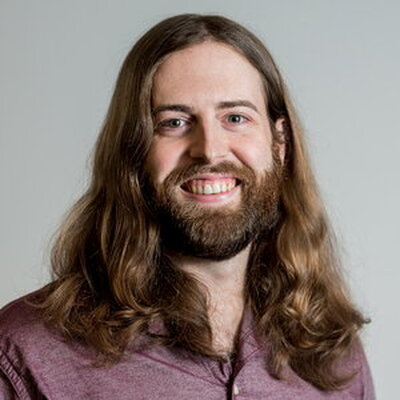

History, "Caribbean, Amazonia: Race, Migration, Labor, and Gender on the Madeira-Mamoré Railroad"
Owen MacDonald made great progress as a Spring/Summer Lemann Fellow towards his dissertation, “Caribbean Amazônia: Race, Gender, Migration, and Labor on the Madeira-Mamoré Railroad, 1877-1942.” Owen returned to Urbana-Champaign in January after spending 2023 in Porto Velho, Rondônia and Rio de Janeiro conducting archival and oral history research. Owen spent the spring writing, presenting, and getting feedback on his work. He has recently finished a chapter of his dissertation, ““They Just Bleat Like Goats”: Black Caribbean Labor Migration in the Bajan Town Neighborhood of Porto Velho, 1907-1942.” He presented this work in progress at the Biannual Congress of the Brazilian Studies Association in San Diego, California. Owen will receive feedback at a workshop at UC Irvine, titled “Fugitive Histories and Migrant Knowledge in Latin America and the Caribbean.” Though yet to be determined exactly, the workshop will culminate with either a publication as a chapter in an edited collection or as an article in a special issue of a prominent peer-reviewed journal.
This summer, Owen plans to write a second chapter of his dissertation. Moving backwards in time, Owen will work on what will be the first chapter, exploring the first attempt by a United Statesian industrialist to build the Madeira-Mamoré railroad during the first rubber boom. Coronel George Church’s expedition in 1878 brought immigrant workers from the United States to attempt the railroad construction project, but Indigenous resistance, tropical illness, and worker militancy made the project a brief, failed endeavor. Owen has likewise been collaborating with a historian in Barbados to explore the possibility of more collaborative research in the Caribbean this summer or at a later date.
Generously supported for a full academic year by the Lemann Center, Owen plans to finish his dissertation writing and explore the academic job market. Owen plans to write three more dissertation chapters over the course of the academic year. Having participated regularly in the programming of the Lemann Center during the current fellowship term, Owen is also particularly excited to continue to be a part of the Brazilian Studies community at the University of Illinois. The weekly lecture series are without fail a highlight, cultural events matar as saudades for Brazil, and the fellowship research presentation will present the opportunity to receive interdisciplinary feedback from peers and scholars within and outside of Owen’s field of history. The Lemann Center has been an integral part of the work Owen has done in Brazilian Studies so far, and will continue to be so for the next academic year as a Lemann Center graduate fellow.